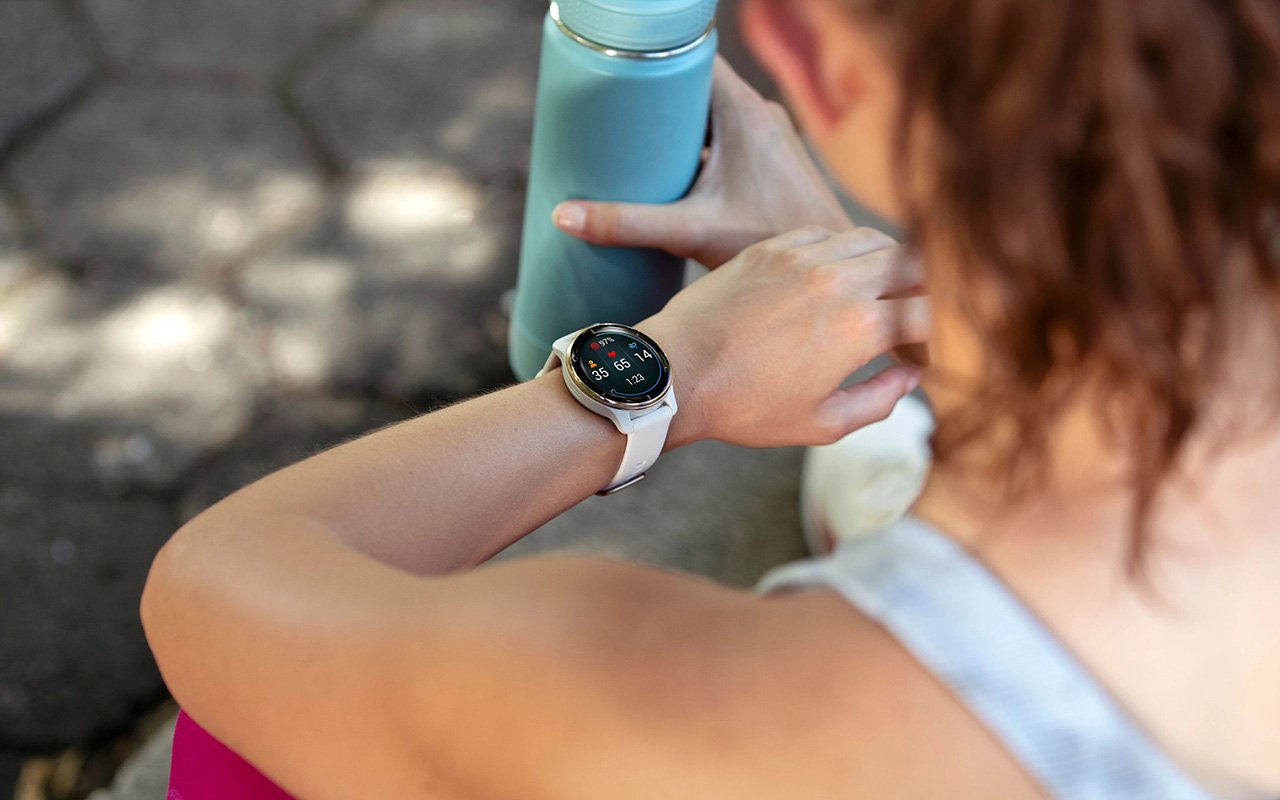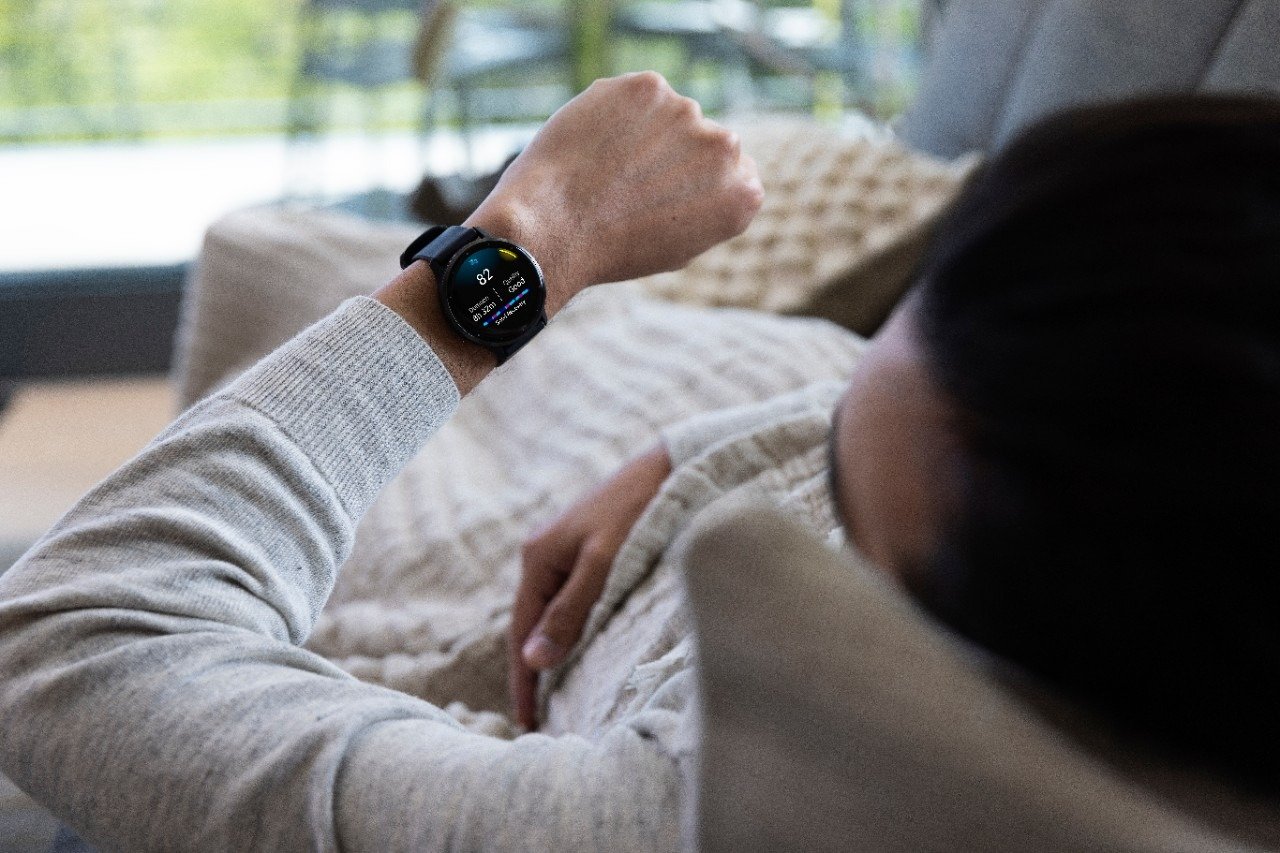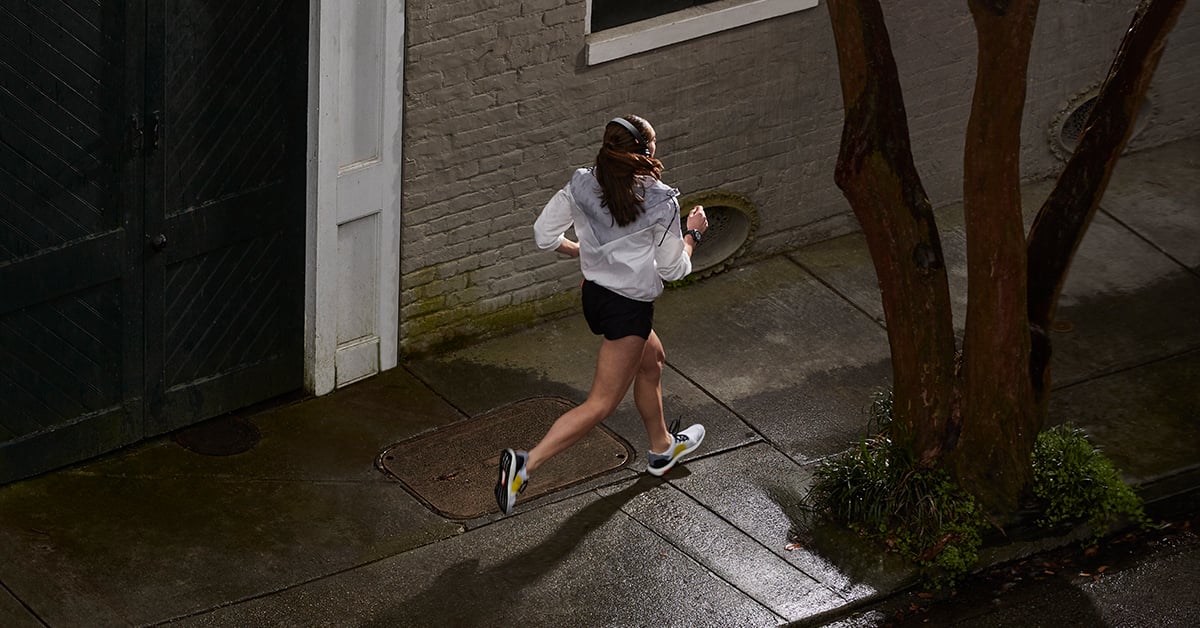
Getting The Most Out Of Your Coffee Addiction
You know that proper nutrition and a strict training regimen are integral for peak athletic performance. But as is the case with the food you eat and the workouts you schedule, a caffeine misstep close to race day can have a serious impact on your finish time. It’s time to unravel yourself from coffee’s finger and become more calculated in your consumption; doing so can be more beneficial than you might think.
The Science of Caffeine’s Impact on Performance
Caffeine is rapidly absorbed after consumption, so it gets down to business pretty quickly; blood levels peak about 1 hour after that first sip. From there, caffeine travels to every cell in your body, causing a systematic prolonging of epinephrine and norepinephrine’s fight-or-flight effects, making you feel ‘wired.’
The impact of caffeine on athletic performance, however, goes beyond that extra adrenaline kick by encouraging your body to resort to its ‘backup generator:’ During endurance exercise longer than 1 hour, our bodies utilize glycogen – carb stores in your muscles – for energy. But caffeine slows this glycogen depletion down and rewires your muscles to supplement their energy needs with body fat. This helps to lengthen the half life of your glycogen stores, allowing you to perform longer, stronger and faster on the same amount of fuel.
Additionally, caffeine can help to:
● Reduce pain and anxiety
● Prevent exercise-induced asthma (note: this is with concentrated varieties of coffee like espresso and instant coffee, not a Mocha Frappuccino – sorry)
● Improve voluntary reaction times, like avoiding track hazards or grabbing outstretched fuel mid-stride
The Pitfalls of Caffeination
Before making the decision to incorporate caffeine into your training routine, you should be familiar with its potential to cause negative effects.
Caffeine itself increases calcium excretion and decreases absorption, so it shouldn’t be taken in close succession with Ca-rich meals. It also can have a diuretic effect if taken several hours prior to exercise, meaning it causes you to excrete more water than you take in – a stepping stone to dehydration. And as you probably know, chronic caffeine use can lead to addiction or tolerance and negatively impact sleeping habits (even if consumed early in the day). If you have high cortisol levels, your first method of action for improving energy levels should be increased sleep, not caffeine.
The separation of coffee and tea from meals is especially important for individuals with low iron. Compounds called phytates in both beverages bind iron and prevent its absorption, so get your iron-heavy meals in at least 2 hours before or after a caffeinated drink, and 24 hours before race time.
How to Harness Caffeine’s Power
If you’ve weighed your options and decided to let caffeine join your training entourage, it’s important to know how to utilize it properly.
During training or off-seasons, keep your daily caffeine intake to 100-150mg per day – roughly the equivalent of 1 Starbucks espresso or one 8oz home-brewed coffee + 1 8oz tea. Going too far over this threshold risks developing a caffeine addiction and increased tolerance.
In order to maximize caffeine’s effects on race day, you should know its lifespan: As we mentioned, blood levels peak around 1 hour after consumption. These levels stay high for about 3-4 hours, then begin to decline; half will be out of your bloodstream within 4-6 hours, and within 6-7 only 25% of the original level remains.
Your ability to harness the power of caffeine on race day lies in your ability to play this system. Yes, your window of opportunity is about 4 hours long, but that doesn’t mean you must shotgun your day’s worth of caffeine all at once. If that’s been proven to work for you during training, power to ya’, bnout rationing your caffeine intake across the span of your race can prolong its effects.
For example, if an athlete has determined he or she functions best on 150mg of caffeine, that can look like a double espresso an hour before start time, or drinking 3 oz of a 16 oz K-cup coffee every half hour, again starting an hour prior to the race.
Above all, adhere to the cardinal rule of race day nutrition: stick to your routine. Don’t chug a venti Starbucks light roast coffee (475mg caffeine) if you spend your days sipping on 24oz of green tea (75mg). Not only can this cause heart rate and respiratory changes, but you can almost guarantee an emergency pit stop. Similarly, don’t taper your caffeine intake on the days leading up to the race; you’re risking caffeine withdrawal symptoms like fatigue, lethargy and decreased power during critical hours. A slight bump in caffeine intake (ex. from 150mg to 300mg) on race day can be beneficial, but again, don’t overdo it.
*These posts were written by InsideTracker. The individual results from your test will determine the proper recommendations. The recommendations shared are specific to each person, but provide an inside look into the types of recommendations provided by InsideTracker.
Follow us on Facebook, Twitter and Instagram for all of the latest Garmin Fitness announcements, news and stories.




